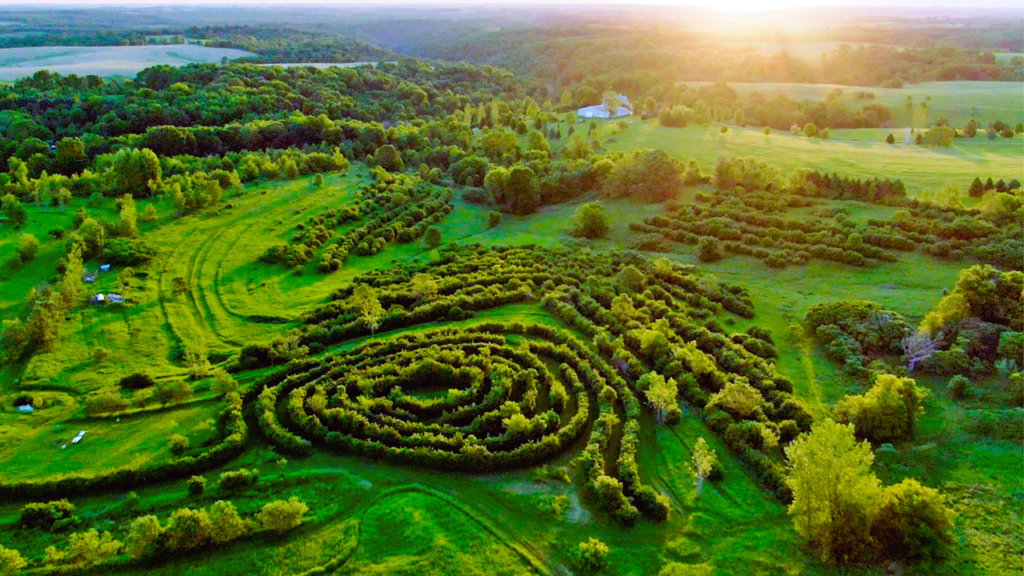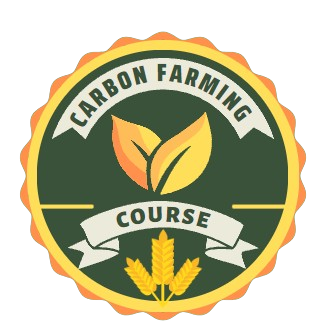We regret to inform you that the 2015 Carbon Farming Course has been canceled. For any inquiries, please reach out to [email protected]. Thank you for your understanding.
Mark Shepard is set to conclude the 2015 Carbon Farming Course with a comprehensive 3-day workshop on Restoration Agriculture. Drawing from his extensive experience in establishing and cultivating New Forest Farm, one of North America’s leading perennial farm ecosystems, Mark will lead participants through a transformative journey.
Restoration Agriculture embodies the deliberate restoration of robust, functional ecosystems to serve as the foundation for economically sustainable farming practices. Through the integration of perennial crops, livestock, fungi, and pollinators, this approach aims to yield abundant food, fiber, and fuel while simultaneously restoring vital ecosystem services such as carbon sequestration, water purification, nutrient cycling, and biodiversity.
During this extended workshop, Mark Shepard, a seasoned farmer, entrepreneur, and author, will merge various disciplines including Permaculture Design, Holistic Management, and Keyline Design. Participants will delve into the strategic implementation of Restoration Agriculture, starting with agroforestry techniques like Alleycropping and multi-species Silvopasture grazing. Water management systems inspired by natural patterns and Keyline design principles will also be covered.

From critiquing conventional annual crop agriculture to exploring biome and natural plant community mimicry, participants will gain practical insights into designing permanent agricultural systems. Topics such as inputs-based agriculture, pest and disease cycles, plant and animal breeding, renewable energy, and more will be thoroughly discussed.
New Forest Farm, situated in the Driftless region of southwest Wisconsin, serves as a living example of Restoration Agriculture in action. Through meticulous planning and execution, the farm is transitioning from a conventional grain operation to a commercial-scale, perennial agricultural ecosystem. Trees, shrubs, vines, and perennial plants are strategically planted to produce food, fuel, medicine, and aesthetic beauty.
Course Highlights:
- In-depth exploration of Restoration Agriculture theory and practice
- Biome identification and ecological principles
- Keyline design, earthworks, and effective water management
- Establishment, maintenance, and breeding of perennial crops
- Integrated multi-species grazing techniques
- Adoption of renewable energy solutions on the farm
- Examination of the economic viability of Restoration Agriculture
Though the 2015 Carbon Farming Course may not proceed as planned, we remain committed to sharing knowledge and fostering sustainable agricultural practices. Thank you for your continued support.
